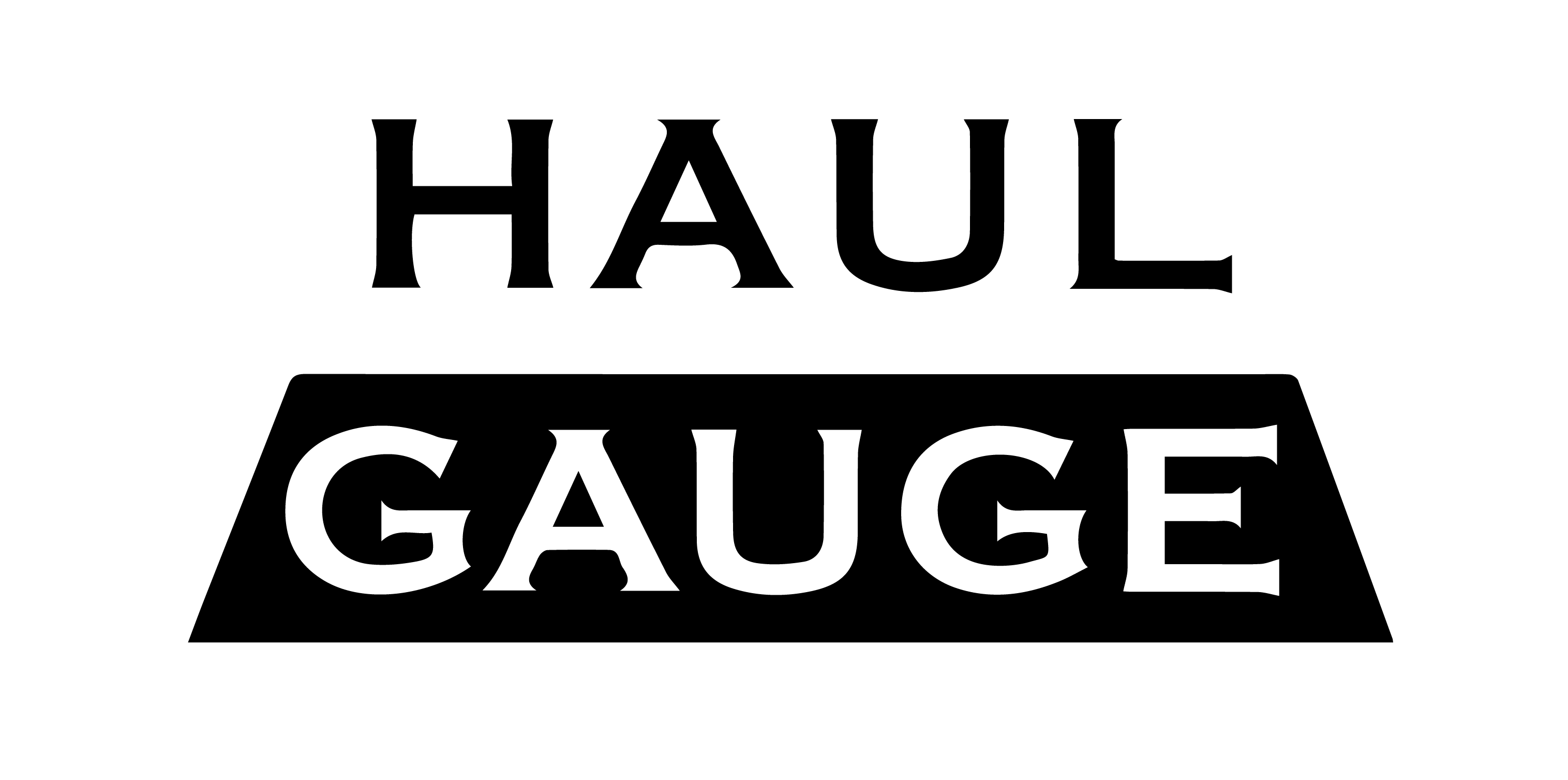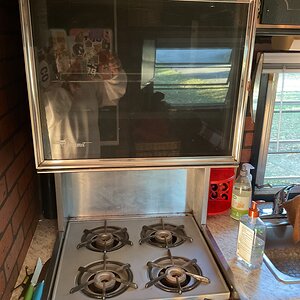Hey All,
We jumped on the cat scales yesterday and got the following readings:
Steer Axle: 5380
Drive Axle: 7460
Trailer Axle: 12760
Gross Weight: 25600
What i really need to know is how much weight is my hitch actually dealing with - i know its not as simple as adding the drive axle to the trailer axle (as that would include some weight from the back of the truck), so how do you actually calculate the weight of the 5th wheel only? Do you have to disconnect on the weigh scales?
We jumped on the cat scales yesterday and got the following readings:
Steer Axle: 5380
Drive Axle: 7460
Trailer Axle: 12760
Gross Weight: 25600
What i really need to know is how much weight is my hitch actually dealing with - i know its not as simple as adding the drive axle to the trailer axle (as that would include some weight from the back of the truck), so how do you actually calculate the weight of the 5th wheel only? Do you have to disconnect on the weigh scales?













